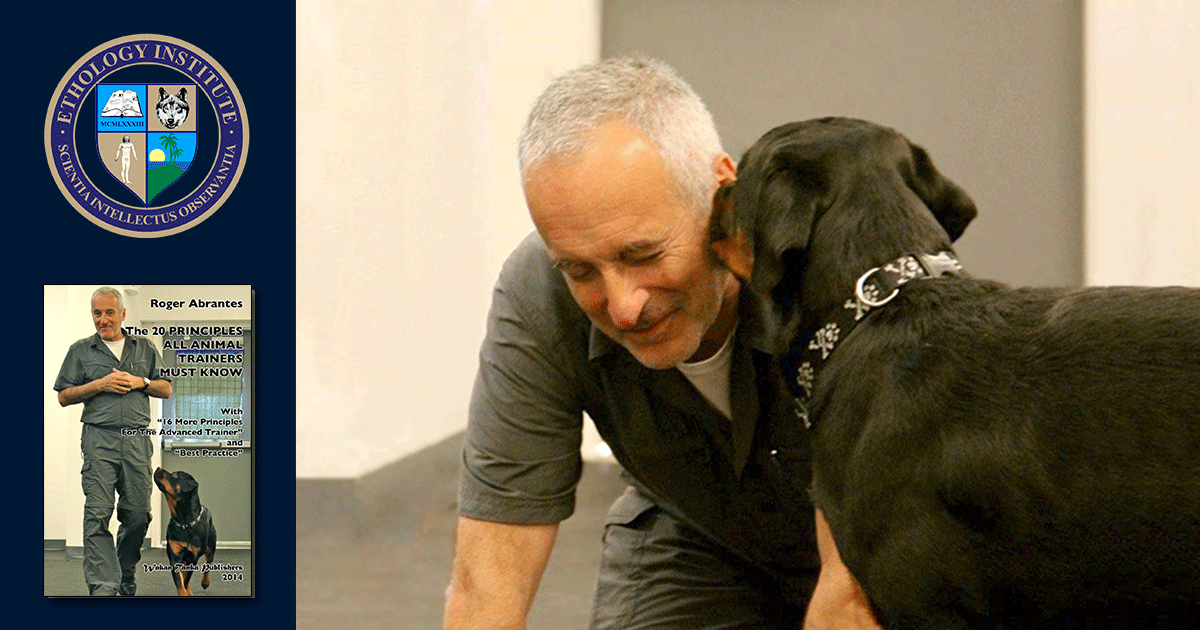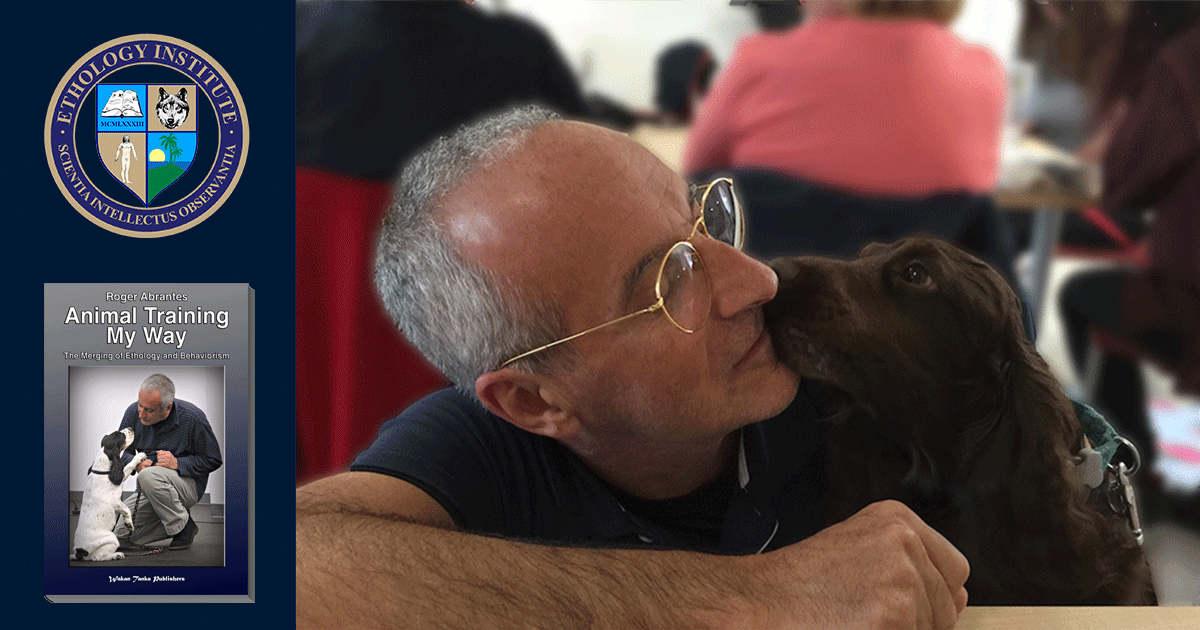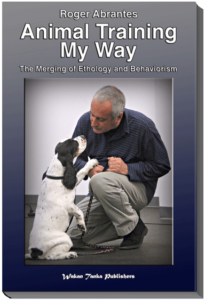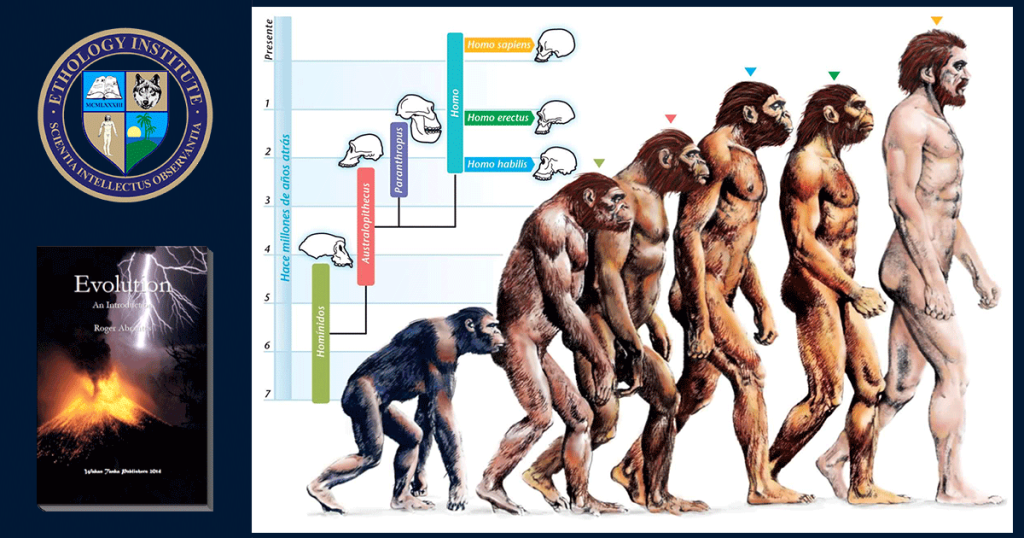Course Description
The 20 Principles All Animal Trainers Must Know is an online course, (also available as a seminar, workshop, book, and video). It explains clearly and concisely how we can train animals independently of species—dog, horse, cat, Guinea pig, marine mammal, etc.
The course has four lessons. The first three lessons consist of videos that you have to watch and study. In the fourth lesson, you read the textbook. You have a quiz for each lesson and the final quiz after lesson four. After having taken the final quiz, you earn a certificate from Ethology Institute.
As soon as you complete the quiz successfully, you will be able to print your certificate, show it to your friends, post it on Facebook or display it at your business.
Go for it and enjoy!
Course Level
Beginner/Intermediate/Advanced. This is a course for everybody.
Course Textbook
“The 20 Principles All Animal Trainers Must Know”
by Roger Abrantes, Ph.D. in Evolutionary Biology and Ethology.
Animal training is a craft: half science and half art. This little book and course give you the most indispensable 20 principles with which you must be familiar to become a skilled animal trainer.
Book contents
- Contents
- Foreword
- The 20 Principles All Animal Trainers Must Know
- 16 More Principles for the Advanced Trainer
- Best practice
- A plan of action (POA) in animal training
- Example 1 of a POA with troubleshooting section
- Example 2 of a POA in SMAF
- References and further recommended reading
- Links
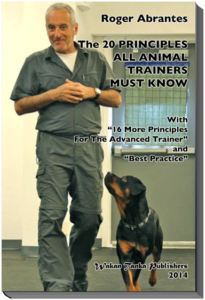
The 20 Principles All Animal Trainers Must Know — In Five Languages
When you enroll in this course, you get access to the book, which you can read online anytime you like. You will also get all future updates, automatically. The book is available in English, French, Portuguese, Spanish and Italian.

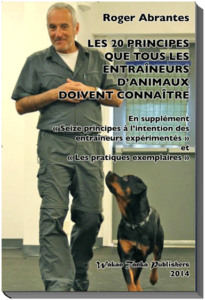

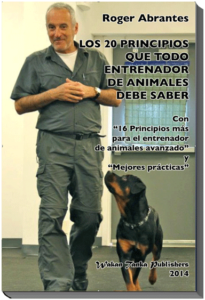

Supplementary Literature
Although not mandatory, we recommend that you supplement your readings with:
- Although not mandatory, we recommend that you supplement your readings with:
- Abrantes, R. (2016). Animal Training My Way—The Merging of Ethology and Behaviorism. WT Publishers.
- Chance, P. (2008). Learning and Behavior: Active Learning Edition. Cengage Learning; 6 edition.
- McFarland, D. (1982) The Oxford Companion to Animal Behaviour. Oxford University Press, Oxford.
- McFarland, D. (1998) Animal Behaviour. Benjamin Cummings. 3rd ed.
Online Studying and Tutoring
Watch the movie(s) and read the book(s). Join the course forum where you can read our tutors’ answers to questions previously posed by your colleagues. If you have a new question, do not hesitate in posting it.
The course forum is solely for academic questions. For administrative matters or difficulties accessing the functionality of the site, please submit a ticket.
Once you’re ready for it, take the quizzes. You may take a quiz as many times as you like. We recommend you re-take quizzes once a year as a self-imposed quality control.

